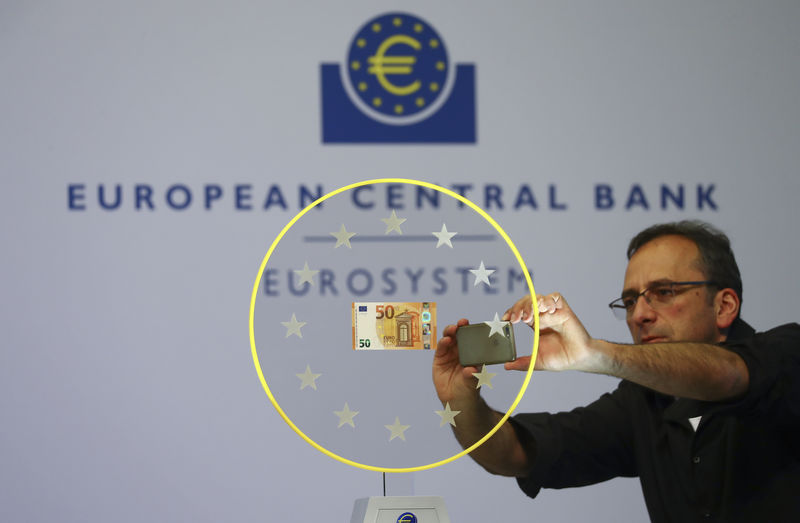(Bloomberg) -- Europe’s most hawkish central bank is preparing to raise borrowing costs again, defying a global economic slowdown that has made most of its peers more cautious about monetary tightening.
Czech policy makers have held interest rates unchanged for the past three meetings as external risks including Brexit, trade wars, and weakening demand from neighboring Germany overshadowed robust domestic inflationary pressures.
But with worst-case scenarios failing to materialize, most analysts expect the central bank to lift its benchmark a quarter point on Thursday to 2 percent, adding to an unprecedented five hikes last year, the most in Europe.
Faster-than-expected inflation, a weak koruna and still-robust economic growth offer enough room for a rate increase, according to Raiffeisenbank AS analyst Eliska Jelinkova.
“The rhetoric of the board members, including the traditional doves, is tilting in favor of a hike,” she said.
The Czechs stand out as they go against a pullback from tighter monetary policy by central banks around the globe, including the U.S. Federal Reserve and the European Central Bank. Robust wage growth helped pushed inflation past an eight-year high in March, well above the 2 percent target. By contrast, Hungary’s central bank is expected to hold tight after announcing a cautious mix of tightening measures in March.
Earlier this month, board member Tomas Holub said in an interview that he preferred a hike in the first half of the year, while Vice Governor Marek Mora told Reuters he was ready to back an increase if it’s supported by fresh staff forecasts.
Still, forward-rate agreements, which are used to hedge against future changes of borrowing costs, show money-market investors remain split between those expecting the central bank to act on Thursday and those betting on a hold.
“We believe that Holub, who has very probably already seen the new forecast, is trying to direct the market in the correct direction towards a May hike,” Societe Generale (PA:SOGN) SA economists Viktor Zeisel and Jaroslaw Janecki wrote in a report. “Also, Vice Governor Mora sounded more hawkish than usual.”
